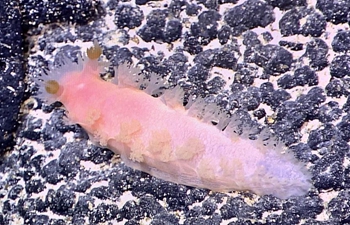LOS ANGELES, June 19 (Xinhua) -- Groundwater pumping in the last century has contributed as much as 50 percent to stream flow declines in some U.S. rivers, according to a new research published Wednesday in Science Advances.
Using a computer model, U.S. researchers determined what U.S. surface waters would have been like without significant consumptive uses, and compared that with surface water changes since large-scale groundwater pumping began in the 1950s.
The scientists focused particularly on the Colorado and Mississippi River basins, and looked exclusively at the effects of past groundwater pumping as those losses have already occurred.
"We're trying to figure out how that groundwater depletion has actually reshaped our hydrologic landscape," said first author Laura Condon, an assistant professor of hydrology and atmospheric sciences at The University of Arizona.
Condon said this is the first study to look at the impact of past groundwater pumping across the entire United States. Other researchers have examined how groundwater pumping affected surface waters, but at smaller scales.
The U.S. Geological Survey has calculated the loss of groundwater over the 20th century as 800 cubic km. Groundwater helps provide water to existing vegetation, including crops. Receding water tables and dwindling streams can make irrigating crops more difficult and costly. Some native vegetation including cottonwood trees will eventually die if the water table drops below their roots, Condon said.
Groundwater is often the slowest component of the terrestrial hydrologic system to recover from losses, she added.
"With this study, we not only have been able to reconstruct the impact of historical pumping on stream depletion, but we can also use it in a predictive sense, to help sustainably manage groundwater pumping moving forward," said Reed Maxwell of the Colorado School of Mines in Golden, co-author of the study.













